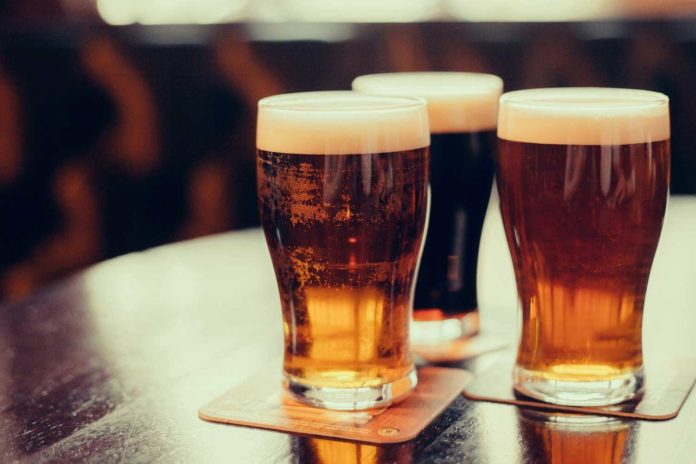Purdue University-affiliated startup Induction Food Systems (IFS) has recently finished testing of a new technology that aims to improve the taste, quality and shelf life of juice and other beverages.
Their technology system offers on-demand heating options for food and beverage manufacturers.
Entrepreneur Francesco Aimone from Columbia University, who co-founded IFS with George Sadler, an alumnus of Purdue’s College of Agriculture said, “We were tired of seeing the old-school processes for heating food and beverages during manufacturing. Those legacy systems like steam are slow, energy-consuming and can take away some of the food’s natural flavors and textures.”
“The speed and efficiency for producing beverages and foods, and helps manufacturers grow. The IFS on-demand heating system uses plug-and-play heating components involving electromagnetic energy and induction, which has been shown to be about six times more precise in controlling temperature than conventional methods.”
IFS uses a coil & core design in its heating systems. Solid-state electronics convert power into usable electromagnetic energy. An external coil focuses that energy, generating heat in an induction element embedded inside process tubing. Heating flowing fluids from the middle-out heats faster, more efficiently, and more precisely than conventional methods.
Aimone said, “We know that manufacturers need and want more nimble, responsive and sustainable heating options. We are prepared to meet those needs with our technology.”
“Their technology is part of a $20 billion market for heating equipment in the food and beverage segment. The next focus for the startup is to address the problem of fouling—which is sticky substances left behind after processing—for manufacturers.”
“It’s similar to when you are making eggs and you have the gunk stuck to your pan when you’re preparing them. Our preliminary testing shows we can reduce fouling in some applications by up to 30 percent.”
